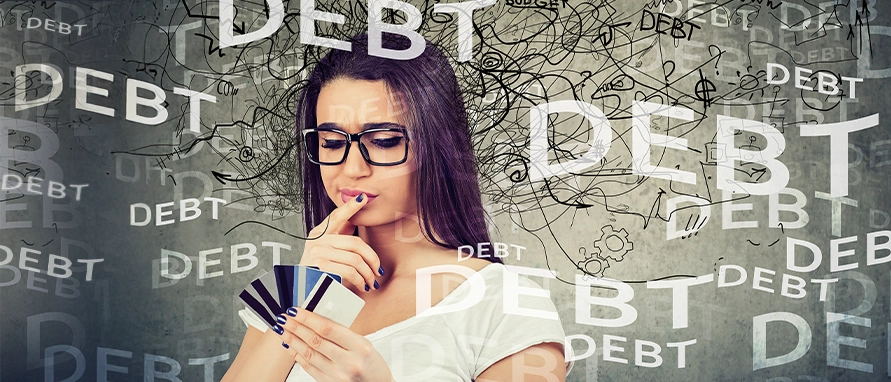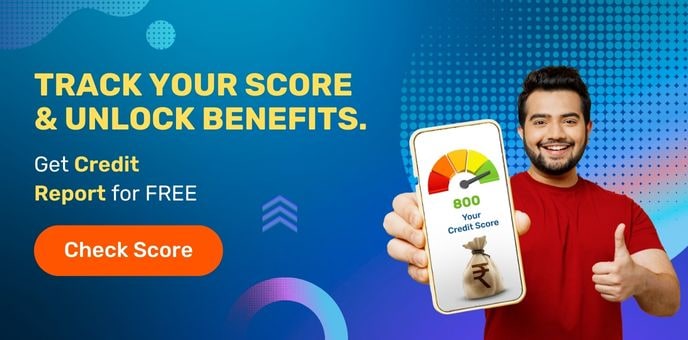Credit card debt accumulates when users spend beyond their means and fail to clear their outstanding balances on time. The high-interest rates charged by credit card companies—be it monthly or annually—can quickly escalate the debt if only minimum payments are made. This growing debt burden can lead to:
- Increased financial stress: Rising debt limits disposable income and affects daily living expenses.
- Higher interest costs: Interest compounds monthly, increasing the total repayment amount significantly.
- Credit score deterioration: Late payments and high credit utilisation negatively impact credit scores, making future borrowing difficult.
- Long-term financial instability: Persistent debt can trap households in a cycle of borrowing and repayment struggles.
In India, credit card defaults have surged dramatically, with outstanding balances rising from ₹1,108 Crores in 2020 to ₹2.92 Lakh Crores till December 2024. This reflects a more than 500% increase in NPAs during this 4-year period. This trend further underscores the importance of understanding and managing credit card debt effectively.















